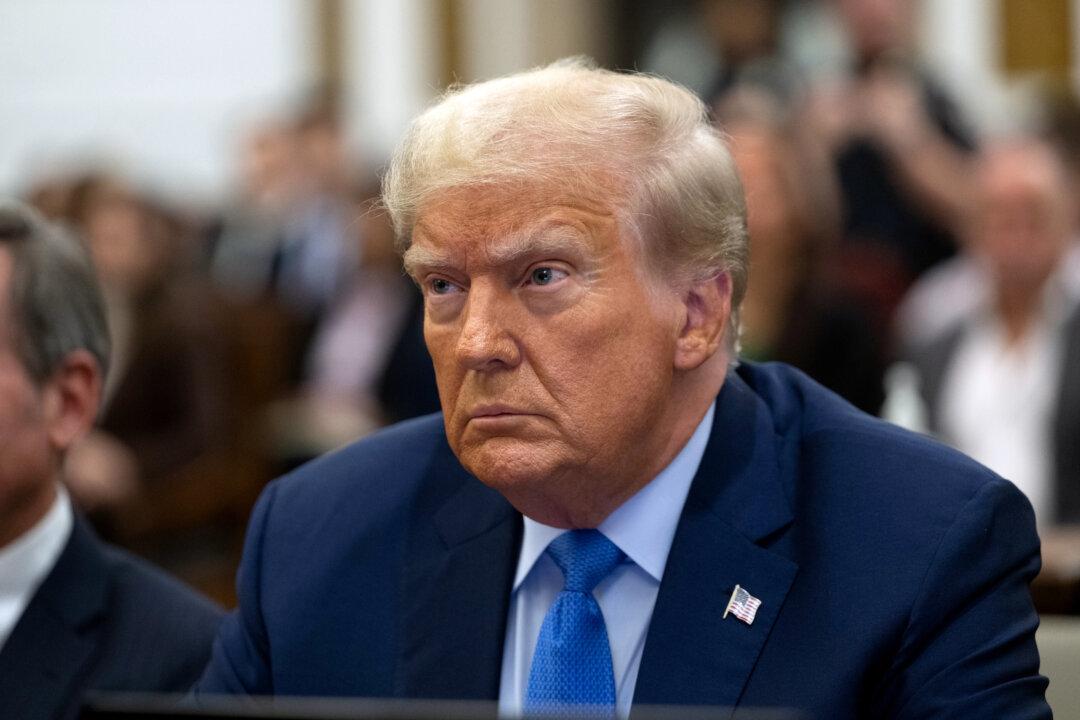Attorneys for former President Donald Trump are requesting a brief extension to file pretrial motions for discovery and subpoenas in the federal case accusing him of interfering with the 2020 elections, arguing that the special counsel’s office has not been as forthcoming as it claims.
The requested extension is for a Nov. 17 deadline to file such motions, though further deadline changes to the trial may yet be requested as President Trump’s team seeks to obtain more evidence related to the 2020 elections, if the special counsel’s office is reluctant to produce them.





